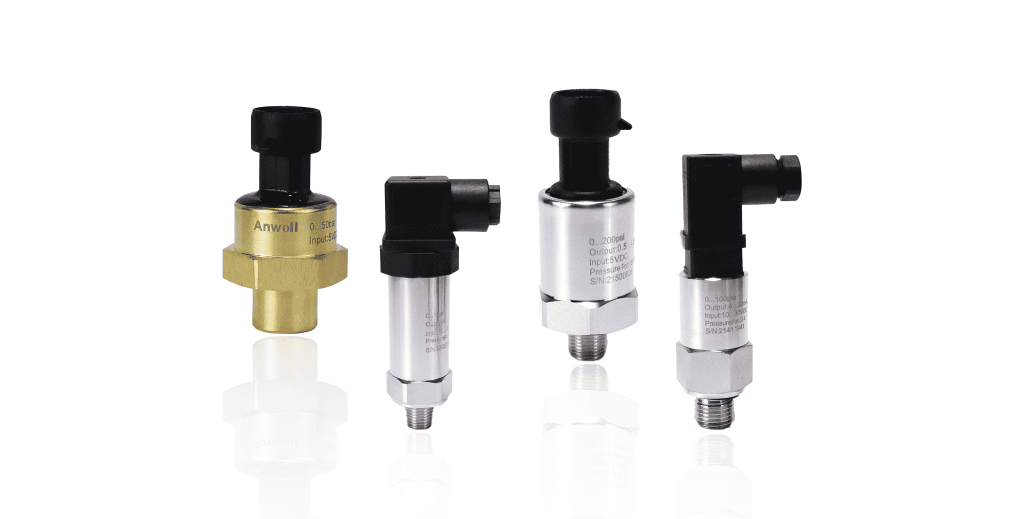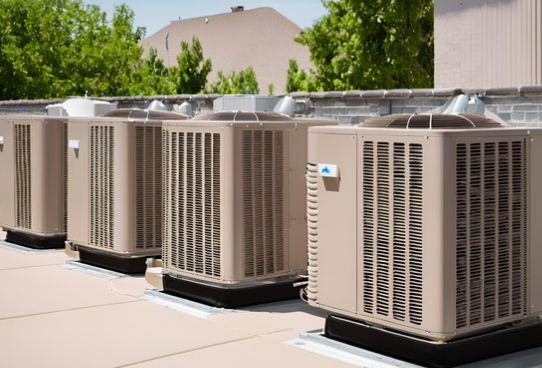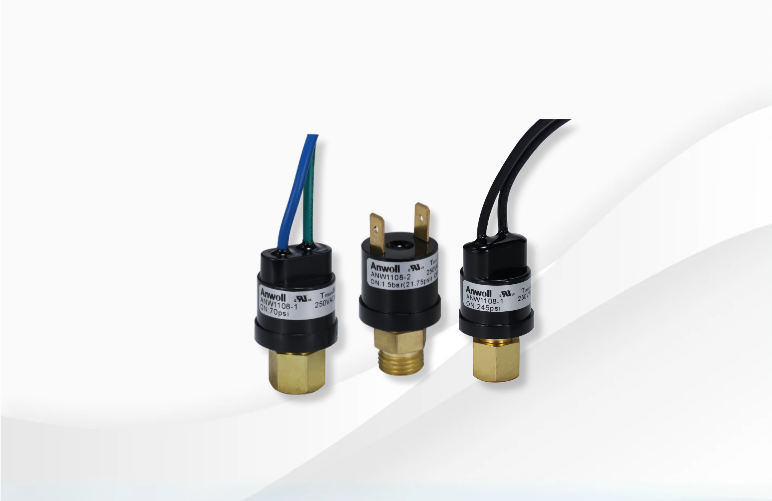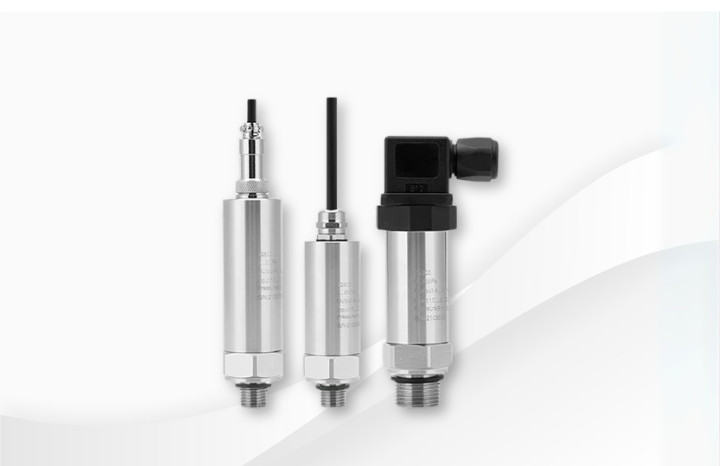What is a pressure transmitter?

Opinion | Nov. 12th, 2024
Christopher David Thompson
Pressure Product Line Manager
A pressure transmitter is an instrument used for measuring and monitoring the pressure of gases or liquids.
Often referred to as a pressure transducer, this device plays a crucial role in various industrial applications by converting the mechanical force of a fluid into a standardized electrical signal.
Typically, a pressure transmitter consists of a pressure-sensitive element made from materials such as stainless steel or silicon, chosen based on the specific characteristics of the fluid being measured. Behind this sensing element, electronic circuitry is integrated to translate the mechanical pressure into an electrical signal, which can then be processed and analyzed.
Common units for pressure transmitters
Pressure is fundamentally defined as the force applied per unit area and is commonly expressed in various units, including:
– Pascals (Pa), which represents one newton per square meter (1 N/m²);
– Pounds per square inch (psi), a unit frequently used in the United States.
In industries that deal with pressure-sensitive environments—such as oil and gas, chemical processing, and pharmaceuticals—pressure transmitters are indispensable for monitoring the pressure of liquids and gases, often expressed in either Pa or psi. The integration of these transmitters into advanced electronic systems ensures that pressure readings are not only accurate but also delivered in real-time, facilitating immediate decision-making.
Classification of Pressure Transmitters
Pressure transmitters can be classified into several types based on their measurement methods and applications:
- Absolute Pressure Transmitters: Measure pressure relative to a vacuum, suitable for applications requiring precise absolute measurements.
- Gauge Pressure Transmitters: Measure pressure relative to atmospheric pressure, commonly used in liquid and gas monitoring.
- Differential Pressure Transmitters: Measure the pressure difference between two points, often utilized in flow measurement and filter monitoring.
- Smart Pressure Transmitters: Incorporate advanced features such as self-diagnostics and digital communication, enabling integration with modern control systems.

Applications of Pressure Transmitters
Pressure transmitters are widely utilized across numerous industries. In offshore drilling and oil exploration, for instance, they are critical for measuring differential pressure between the inside and outside of pressure-sensitive equipment. Maintaining specific pressure parameters is vital for ensuring operational safety and efficiency during drilling operations.
Similarly, onshore petrochemical and chemical facilities rely on pressure transmitters to monitor and control the pressure of gases and liquids, ensuring that processes adhere to strict safety and regulatory standards. Additionally, many industries utilize pressure-sensitive storage and transportation systems to maintain optimal conditions for their products, with accurate monitoring being essential for safe delivery and usage.
Laboratories also benefit from pressure transmitters, using them to measure the relative pressure in vacuum chambers compared to atmospheric pressure. This capability supports a wide array of research and experimental applications, contributing to advancements in various scientific fields.
Anwoll pressure transmitter
Anwoll is a leading developer of pressure measurement and applications, with a mature series of pressure transmitters suitable for daily and cutting-edge applications.
If you would like to learn more about our pressure transmitters, please contact us directly.





